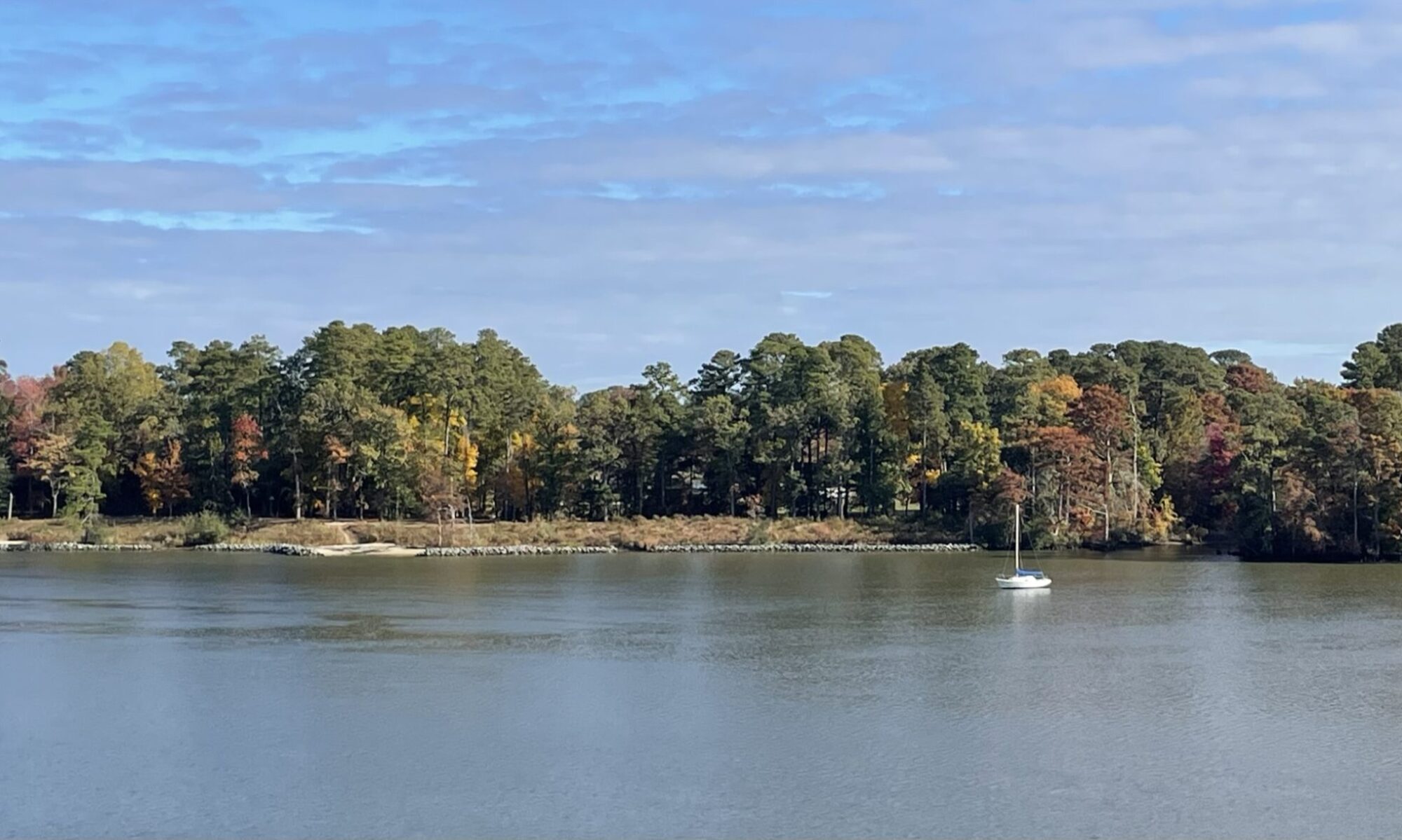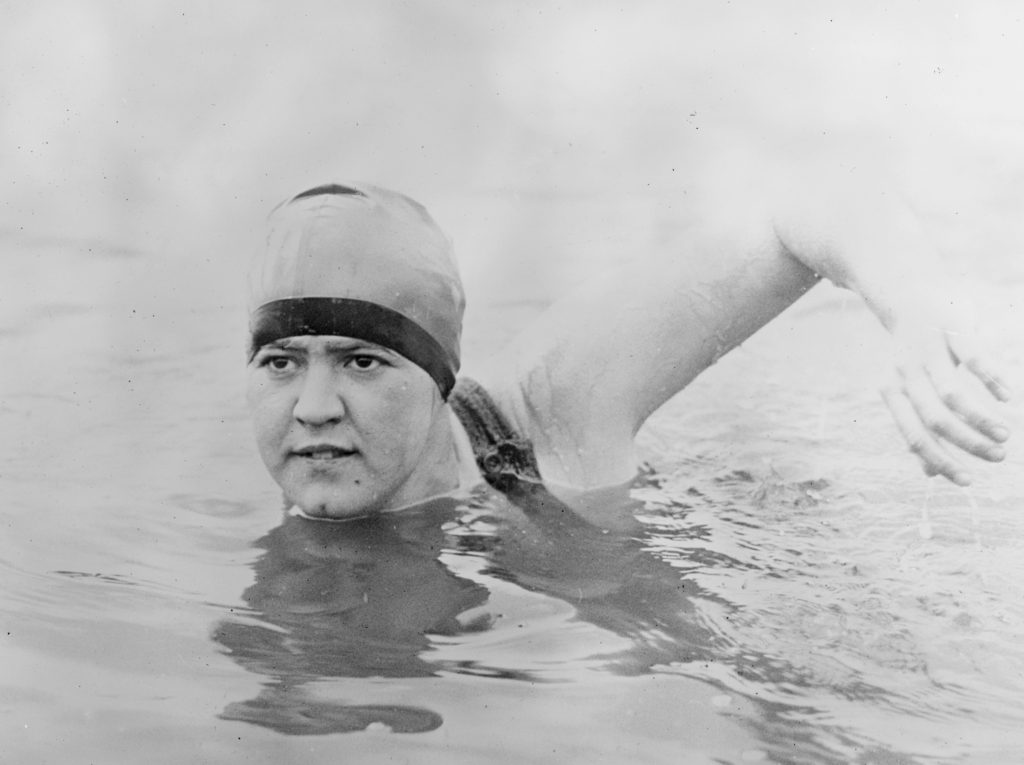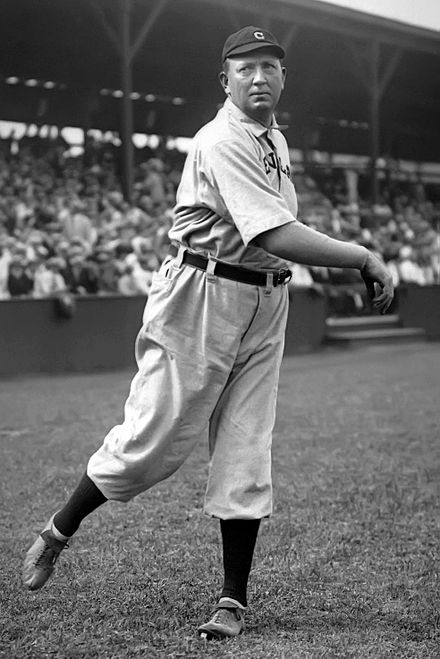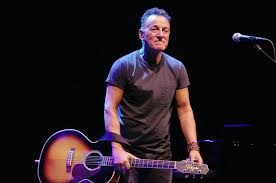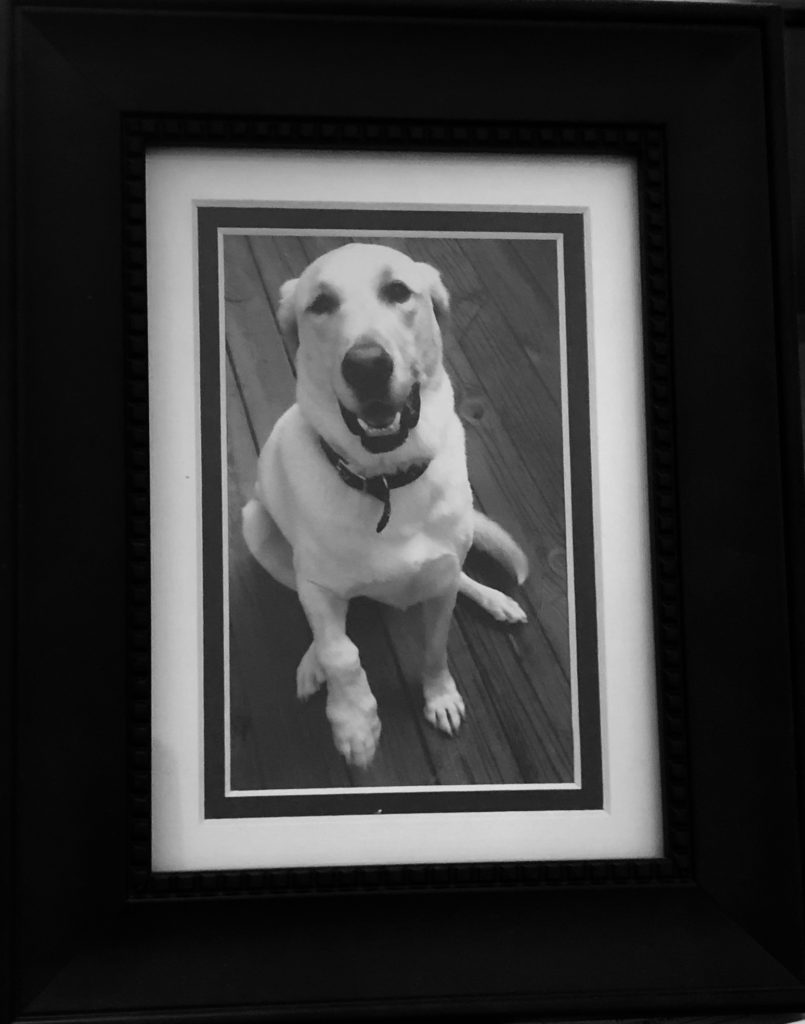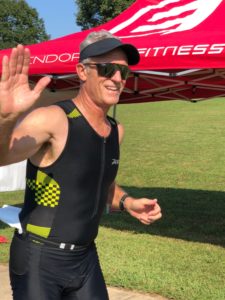
I had the amazing good fortune last week to induct my late parents, Theodore and Dorothy — Dorie and Dottie — into the Interboro school district’s hall of fame outside of Philadelphia.
It’s a heck of a thing, and a supremely proud moment for my family to see Mom and Dad immortalized — which is what a hall of fame does, after all — in such a way for their decades of helping to make their town, Prospect Park, a better place.
My nephew, and their first grandchild, Chip, nominated them for the honor, and the committee — which judges nominees’ resumes without names on them — elected to enshrine them this year along with a beloved former Interboro teacher and two former students who have gone on to great things.
Speaking of elections, my brother and sister chose me to speak for my parents and deliver an induction speech during a morning assembly at the high school for the senior class.
It was difficult in one way because the kids didn’t know my parents — Dad died in 2008 and Mom four years later — and you’re not sure how many wanted to even be there in the first place. Although it was an hour out of the classroom . . .
But I’m pleased to say they were an attentive and respectful audience, and that it was a blast for me to be back on a stage where I performed in the senior talent show 43 years (!) ago. That was back when we were the first class out of the “new” high school, and back when Dottie and Dorie still had 30 more good years to serve and build their community.
Anyway, I tried to bring them to life as best I could with my words. Here’s what I had to say:
“Good morning seniors! Good morning Interboro!
I’d like to thank alumni president Claire Reilly, the alumni officers and the board of directors for the work they do with the Interboro Hall of Fame. It’s important and inspirational work. Congratulations to them, and congratulations to today’s and the previous inductees.
I’m thrilled to be here accepting this incredible honor on behalf of my family and my parents, Theodore and Dorothy Robinson. Or as they were known by everybody, Dottie and Dorie.
My dad died in 2008, my mom in 2012. So let me tell you a little bit about why they are being honored today as hall of fame members of the Interboro community.
My dad lived in Prospect Park his whole life; he was literally born in a house on what’s now Lincoln Ave. My mom moved here from Maryland as a child. They were graduates of Prospect Park High School. My dad served in the Navy in two wars and delivered mail in Prospect Park for 37 years; he knew who lived at every address in town, and they knew him. He and my mom loved the borough and each other through 60 years of marriage.
But living in one place a long time isn’t why their grandson Chip nominated them for the hall of fame, and it’s not why the hall of fame committee selected them. It’s because they were completely INVESTED in this one place. Because they got INVOLVED in making this one place wonderful for everyone, over and over again.
It’s because they worked to make their community special, without ever making that work seem out of the ordinary. It’s just what they did and who they were. They knew the secret, which isn’t really much of a secret: You live somewhere, you participate, you build relationships that last a lifetime. It’s a simple formula that creates lives of loyalty, friendship and love.
And people truly loved Dottie and Dorie.
The list of my dad’s volunteer service is ridiculously long.
- He co-founded the Prospect Park Youth club and actually helped build the clubhouse with his neighbors. Later, he was a baseball coach and even the groundskeeper.
- He was commander of his American Legion post.
- For years, he was president or parade marshal of the Fourth of July Association, planning the parade, the games and activities and the fireworks. A huge job.
- At church, he sang in the choir, was a trustee, cut the grass, took out the trash, shoveled snow, played ping-pong with the minister — and along with my mom was the custodian.
- For all this, Prospect Park honored him as its Citizen of the Year in 1999. That was a joy of which he and Mom, and we, were justifiably proud.
My mom was a 4-foot-11 ball of fire, Dorie’s unwavering support and our family’s rock. She never drove a car, so she either rode with my dad or she walked . . . all over town, rapidly, her tiny feet flying, often in trademark pink sneakers.
At Prospect Park Elementary, the kids knew her for more than 30 years as the “playground Miss,” monitoring the playground at recess after lunch. For her, going to school every day was a delight that was contagious, and at 4-11 she truly seemed among her people.
Over her years there, she especially enjoyed meeting the children of people she first knew as children. An injury forced her to retire late in life, or else I’m sure she’d have worked into her 80s.
Very active at church as well, she cleaned the pews, shoveled the snow with Dorie and was a deacon. And when election days rolled around, she could always be found across the street at Witmer Field in the youth club clubhouse, working the polls with her neighbors.
Mom and Dad would be astounded by their new home in the Interboro hall of fame, and they’d probably be a little perplexed as well. They were of a different generation, modest and unassuming. They’d wonder, why the fuss?
It’s because community servants like they were are too few and far between today. And it’s gratifying to know that, thanks to this hall of fame, their example of how to live a full, engaged life will be timeless.
Seniors, I hope this is your main take away from today’s ceremony. If you give in life, you get back in precious and countless ways.
We are so very proud.”
And so we are. So we are.
